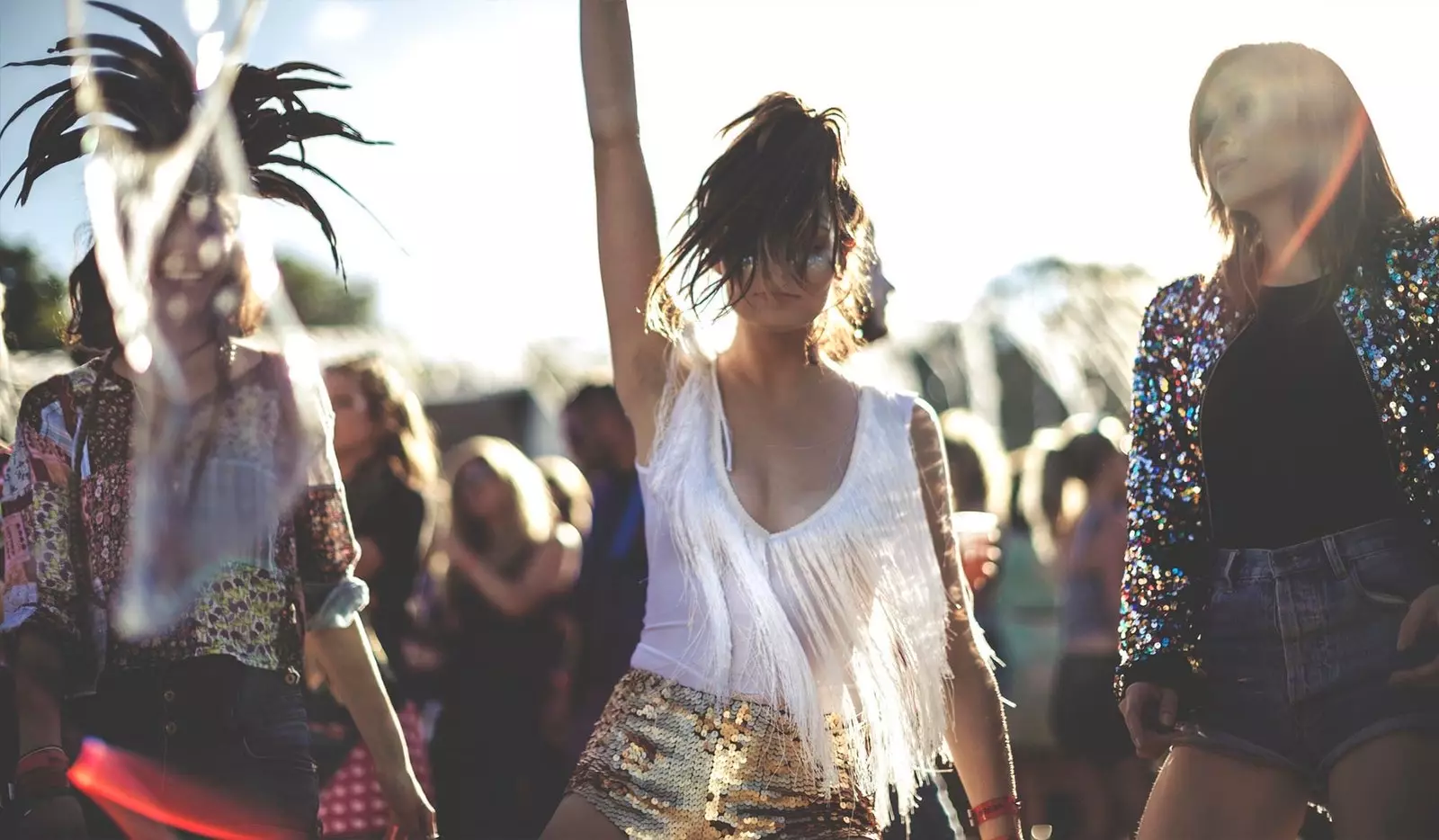
The show must go on
When the crisis caused by the coronavirus knocked out the live music sector last year, disrupting the leisure plans of thousands of music lovers, Few in the industry intuited that the aftershocks of that earthquake would continue to be felt in the summer of 2021. Some aftershocks that are redefining the concept of entertainment and the festival format.
Cultural proposals for the coming months are not lacking, the architects of the events are fighters determined to make the public commune with music: from the concert series Les Nits del Coliseum (from April 24 to May 2 in Barcelona, with artists such as José González or Triángulo de Amor Bizarro) or from Pier 12 (it started on March 6 until September 3, in Alicante, with artists such as La Bien Querida or Rigoberta Bandini), until the festivals 17th Ribeira Sacra Festival (from July 16 to 18, 2021 in the heart of this Galician natural area and with groups such as Teenage Fanclub or Broquio), the festival viewer (September 17 and 19 in Benidorm, with James or the Waterboys) or the Warm Up (October 8 and 9 in Murcia, with Hot Chip and Digitalism).
Promoters like the Primavera Sound or Baltimore Productions (behind Muelle 12 and creators of the mythical Low, scheduled this year for the last weekend of July) are committed to creating concert series.
“The 2021 Primavera Sound festival is canceled this year, but the Les Nits del Coliseum cycle is born”, confirms Joan Pons, director of communication at Primavera Sound.
The Tomavistas will not return as a festival this year either (predictably it will do so in May 2022): in 2021, live shows are being held in various theaters. city takers, a traditional format that started in 2014, and From May 21 to 30 at Tierno Galván, the Tomavistas Extra series of concerts (two bands per day) will also take place.
“Organizers and sponsors are making a true leap of faith: some for planning and programming in a scenario of uncertainty, and others because they do not know for sure if the project they have been presented with can be carried out like this or not”, he says Lorena Jiménez, director of La Trinchera, specialized in communication, production and events.
Despite having announced dates and even sold out tickets, some can communicate little. The organizers of Weekender (November 5 and 6 in Benidorm, without a published poster) –with the seal of excellence of Primavera Sound and with all the tickets sold– they work in several possible scenarios.
“We cannot answer questions about how the meals will be organized or how the concerts will take place because there are still many doubts and there is nothing concrete. Whatever we say today, next week could be different. If the regulations changed on the day the festival starts, we would have to adapt”, explains Pons, who emphasizes that communication with the institutions is being close.
"If the dialogue had not been so fluid and the work so joint, it would not have been possible to celebrate anything" , insists Pons, to whom the vaccination schedule makes him optimistic about the conditions for holding the Weekender, scheduled for November.
“It will be a very cool festival, with about 60 national and international artists. But people want to get out of the house so much that sometimes I think we could schedule a mobile disco from town to town and people would come just the same,” he jokes.
And it is that what does seem to be left over is desire. The tickets for the Weekender (a first round at approximately 300 euros per person and a second at around 450 euros per person) sold out in 24 hours; those of the Ribeira Sacra, in two weeks.
“Demand and bands there. Whatever is scheduled for this summer will work. The thing is that the concepts of leisure are going to change: the culture of the concert returns”, predicts Jiménez.
The fever of the macrofestivals –events of more than 10,000 or 15,000 attendees– deflates at this juncture characterized by security measures such as the misnamed social distance (why do we say social and not physical, social being such a political term?).
Before Covid, this type of appointment already coexisted with reduced formats and in some cases, more exclusive where comfort prevailed. That is the model of 17th Ribeira Sacra Festival (the 17th refers to the steepness of the slopes in the region).
“If I were to consider organizing a new festival in this context, it would be an event like the Ribeira Sacra, which this year celebrates its fifth edition: a premium festival, very daytime and outdoors that combines music with nature, tourism, gastronomy and wine where the comfort of the public and its proximity to the artists prevail. Before Covid, we were already betting on concerts on magical stages where there would be no feeling of being overwhelmed. In no edition have we wanted to sell all the capacity. The Covid has accelerated the trend of this type of festivals”, he says Carlos Montilla, director of this proposal awarded in 2020 with the Iberian Festival Award for the best small-format festival in Spain and candidate for the best activation of Wine Tourism in Galicia. This year, in addition, UNESCO will decide if the region becomes a World Heritage Site.
“It is about valuing small capacity in a different way and supporting them: no one can be left behind, and right now these formats have a subsistence problem. They should be helped and if it is through subsidies, then they are welcome”, Jiménez claims.
Perhaps we had reached a perversion of the live music experience: thousands of people shouting at each other while the artist sings (and not chanting in unison as Freddie Mercury showed that the shaman musicians knew how to do) and taking selfies with their backs to the show; which does not mean, of course, that the best experience is to experience a direct from a chair.
"Some are hard to see sitting down, others are not," considers Jiménez, that he remembers how during last year's Tomavistas Extra cycle a group of young people enthusiastic about Carolina Durante raised and lowered their shirts and kicked the air out of pure concentrated energy; with the consequent and repeated calls to order from the security guards.
“It was the sitting pogo version… Sometimes, I wonder how hard it must be for young people who start going to concerts to have to see them like this…” , laments Jiménez who insists on the good behavior of the public.
Carlos Montilla also highlights as a lesson learned after the Ribeira Sacra 2020, the civility of the public: "Without their collaboration it would have been impossible to organize it, their behavior was exemplary."
The Ribeira Sacra, one of the few that took the risk of organizing an event with a festival format last year, launched a thick machinery of complementary protocols: cleaning, security, production...
“Before Covid, the capacity of the festival was around 2,750 attendees and the production team had about 60 people. Now, there are 500 attendees and 90 people in production” Montilla details, stressing that safety is paramount.
“Fortunately, one of our star activities, Catamaran concerts on the Sil River , will recover this year after having suspended the previous one. Tastings, routes and high-level gastronomic surprises will follow”, he adds.
“What used to be complicated, is now extremely complicated”, warns Lorena Jiménez, that she recalls that not having a unified regulation throughout the national territory – the regulations on capacity and food change, for example, between autonomies – is a disadvantage.
Added to this are other setbacks, such as a positive musician days before playing; that was the case on the Nacho Vegas tour or at the Zetak concert scheduled for last April.
"With Zetak there was no choice but to cancel, with the disappointment of all those people who sold out the tickets in two hours" , explains Zara Sierra, press and public relations of the promoter Last Tour, who clarifies that the performances have been rescheduled for May 7.
“The Nacho Vegas guitarist also tested positive before the tour and the band only had one day to rehearse the set as a quartet instead of a quintet. At the concerts, local guitarists joined in to play two or three songs”, explains Sierra.
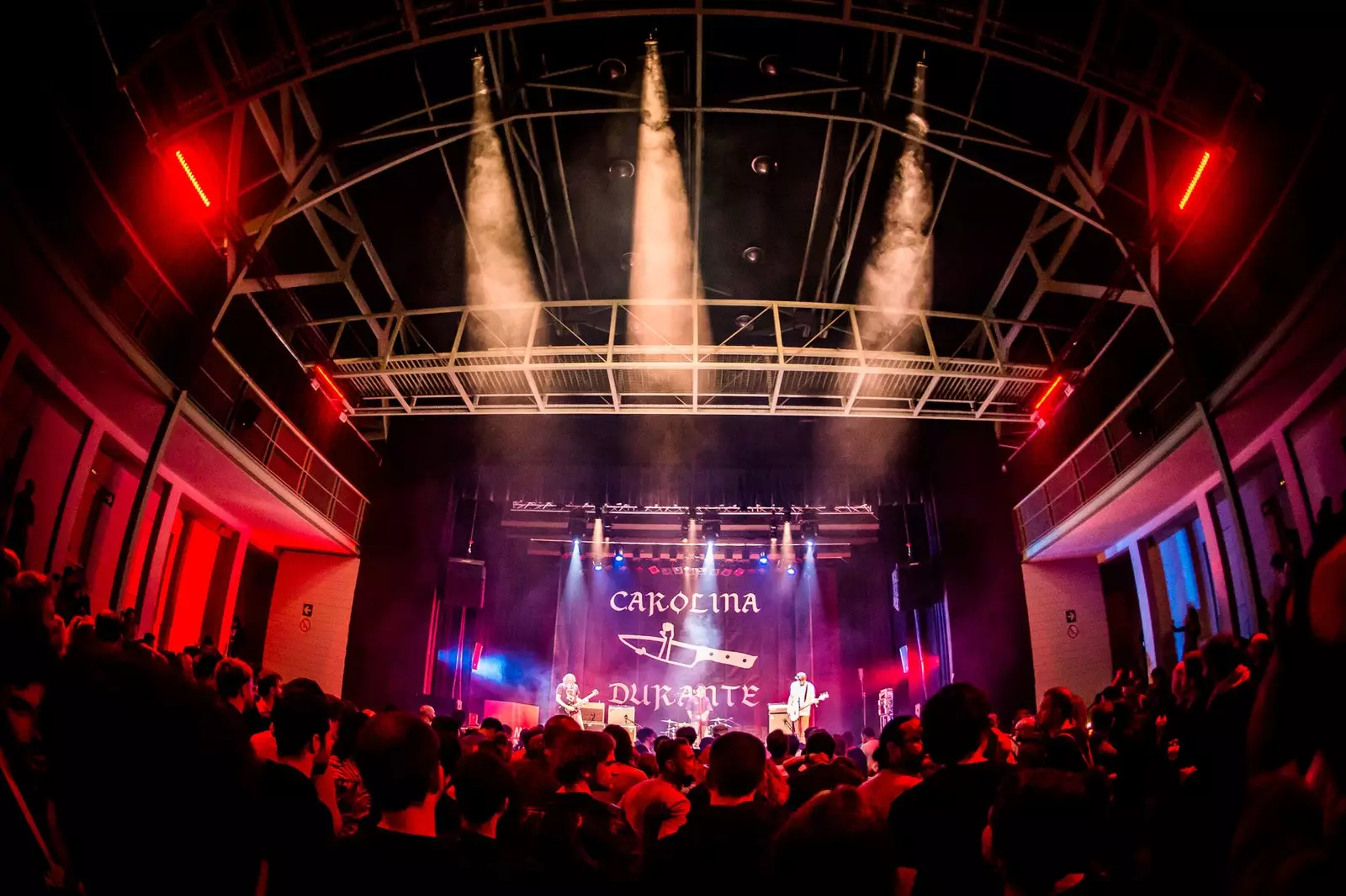
Monkey Week 2019
Other possible disappointments: “If the tickets are already sold, the capacity must be reduced by the regulations, the solutions are to try to perform two turns of concerts of the same band or return tickets”, says Jiménez.
The feeling of working with smoke can be frustrating: "The tickets for the concert in Madrid by Zetak, a band that sings in Basque, were sold in two hours: there is demand for live music," insists Sierra, from the promoter Last Tour, responsible for the legendary Bilbao BBK Live, Azkena Rock Festival, Donostia Festibala and BIME.
“Traditionally, the same day that a festival ends, the dates of the following year's edition or even some name of the poster are announced. The problem now is that there is no certainty scenario two months ahead. We are working on alternative plans, but in this situation of uncertainty we do not know if any of them will be able to materialize, so it is also premature to talk about what institutional support or sponsorship there could be in his case”, reveals Sierra.
“The only thing that is clear to us is that we do not want to disappoint the public that makes an effort buying tickets, That is why we are not going to announce anything without being sure that it can be held”, adds Sierra, who also affirms and reveals that they are negotiating with international gangs.
Last year, Last Tour tried to make up for the cancellation by streaming concerts. “We did it too: we even recorded and broadcast bands playing. This year we are more optimistic, we will celebrate the Monkey Week face-to-face but also online. Every crisis makes you reinvent yourself: we have invested in cameras, equipment, technology..., and we are negotiating to launch a television program. His thing is that different models coexist, the single macro-festival format is not sustainable” , reflects Tali Carreto, director of Monkey Week and Monkey Weekend, and part of La Mota Comunicaciones.
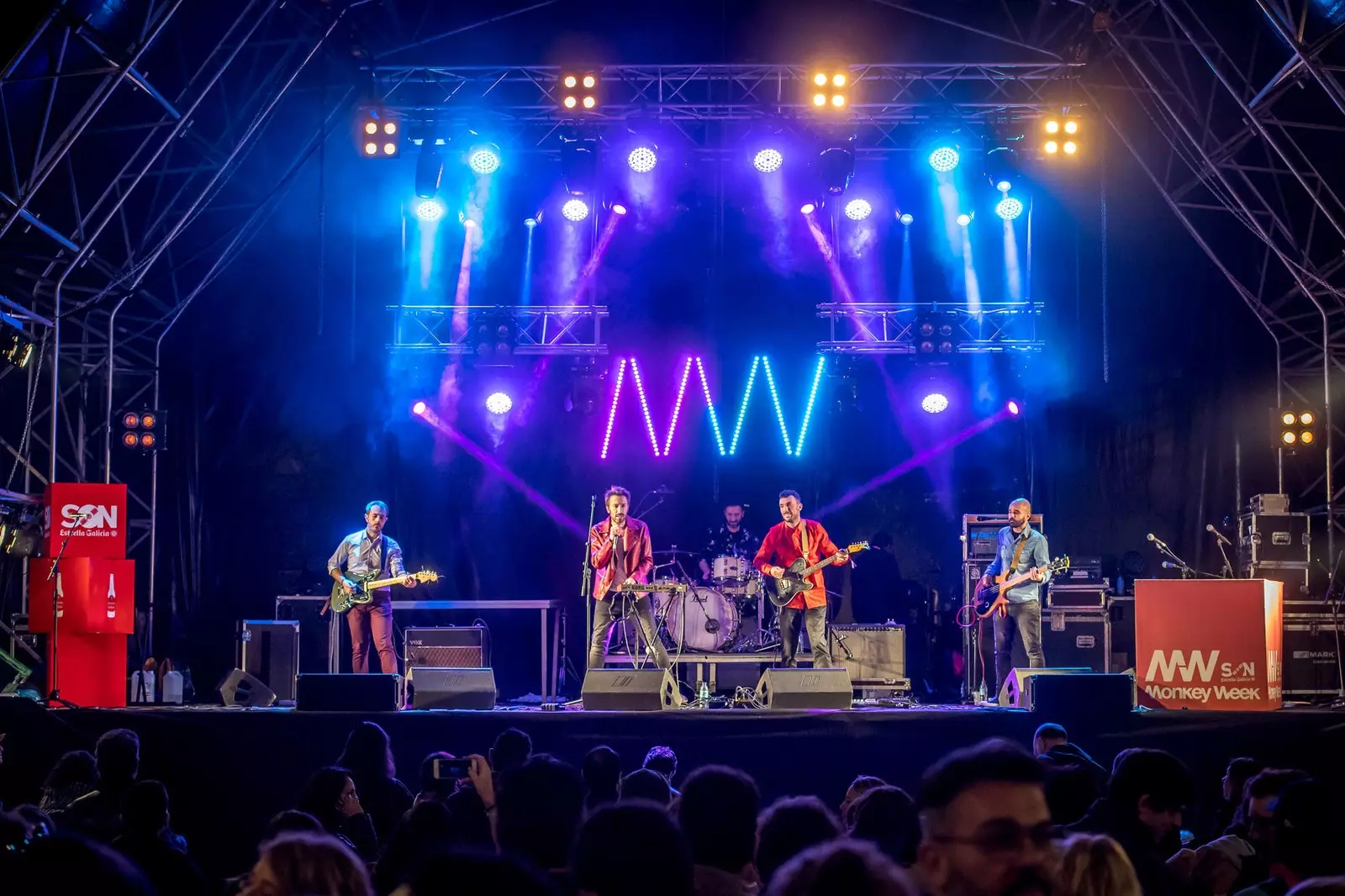
Monkey Week 2019
Some recognize that profits are not paramount: “Last year the Ribeira Sacra was not profitable, even in a pre-covid scenario, it is difficult for it to be: the productions are very expensive. In 2020 we are committed to supporting the sector and the region, but it would be difficult to continue working in this scenario: we hope that this year the extra costs will be more adjusted”, explains Montilla, del Ribeira Sacra, which has institutional support and is sponsored by the Alhambra.
Alvaro Martinez, director of Majorca Live (from June 18 to July 30 in Mallorca, with Sidonie or Fuel Fandango) coincides: “Last year were exceptional circumstances, in just two months we went from holding a four-day festival with capacity for 28,000 people a day, to holding a cycle of concerts lasting a month and a half with a capacity of a thousand. I think that all of us who dedicate ourselves to music are not only motivated by profitability, there is a romantic point and, given the circumstances, it seemed to us a moral obligation to continue betting on culture".
"The cycle was not profitable, but it did compensate us for the affection and closeness of the public, the gratitude of the artists and their offices, the understanding and support of institutions, sponsors and the media. In this last year we have shown that culture is safe, especially outdoors, for us it would be important to expand the capacity and sell more tickets so that profitability is less complex”, concludes Álvaro Martínez.
Perhaps there has been a lack of coordination and support from the Government: “The Ministry of Culture should have coordinated all the portfolios involved, the events and shows sector is very transversal. It's not just about artists, organizers, technicians or audience" , comments Jiménez, from La Trinchera and one of the collaborators on the Red Alert platform during the first months
"What about those who live by laying the carpets or the van drivers who move the irons to set up stages? There are around 900,000 people in the sector, more than in the automotive sector, almost all self-employed, many with lousy contracts... It is also estimated that it contributes 4% of GDP , but it is an approximate calculation of a very large sector, there is a lack of data”, adds Jiménez.
One has the feeling that what was not audiovisual and spaces considered safe –cinemas, theaters…– have been neglected and that Many more public spaces could have been ceded for shows.
Carlos Mariño, manager of artists like Lori Meyers or Fangoria, complains about the lack of camaraderie: "When the aid of 16 million euros from INAEM was published (in 2019 it had been 6.2 million), many of us did not find out: it is true that the primary responsibility was ours - these aids were published in the BOE -, but many we did not know that they were going to be so important in 2020. When you find out that friends managed to save the year by collecting between 50,000 and 70,000 euros, you miss that they had warned you and you even think badly; Did they choose to keep it secret so that the money would be divided among fewer hands?
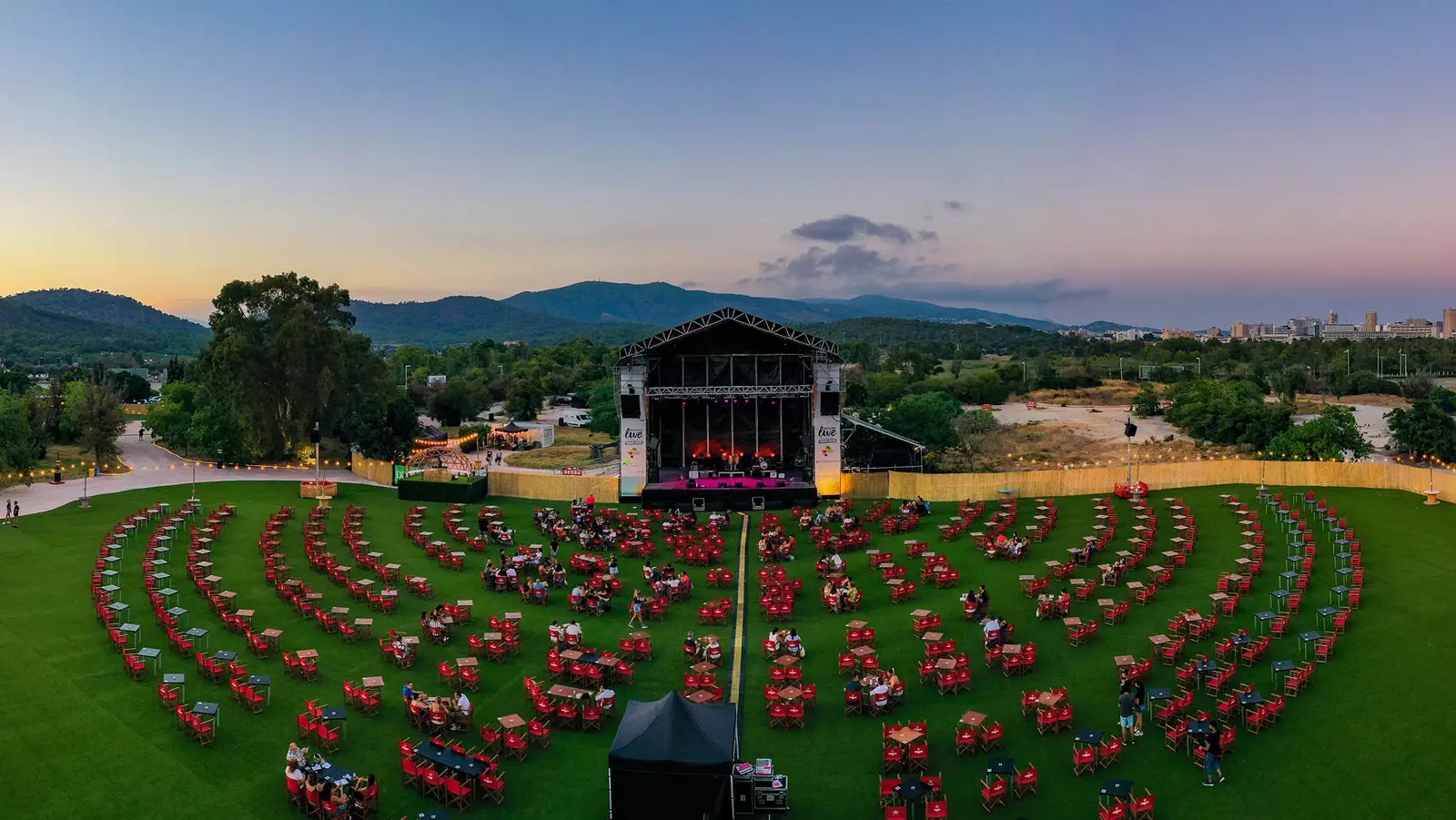
Majorca Live Summer 2020
And he denounces a danger regarding artists' caches: “The year 2020 was catastrophic, in my case 50,000 euros of losses and an office with four people in ERTE. And this year in which the light is beginning to be seen, but in which neither the electricity, nor the food, nor the rent have gone down, they demand that we do 'the covid rate'… The caches of the groups have gone down – in the case of Fangoria, about 10,000 euros, Lori Meyers, about 15,000 euros–, and one fears that in 2022 it will be taken advantage of so as not to pay what should be paid”.
It has been shown that culture is safe and that there is plenty of creativity. His thing would be for all the models, the macro-festivals and the boutique festivals to coexist, along with other alternatives such as the more experiential festivals and other formulas to come.
"And of course the live streaming so that those who cannot attend can enjoy it," Jiménez proposes. If one thing is clear, it is that narrowness and limitations enhance inventiveness and creativity.
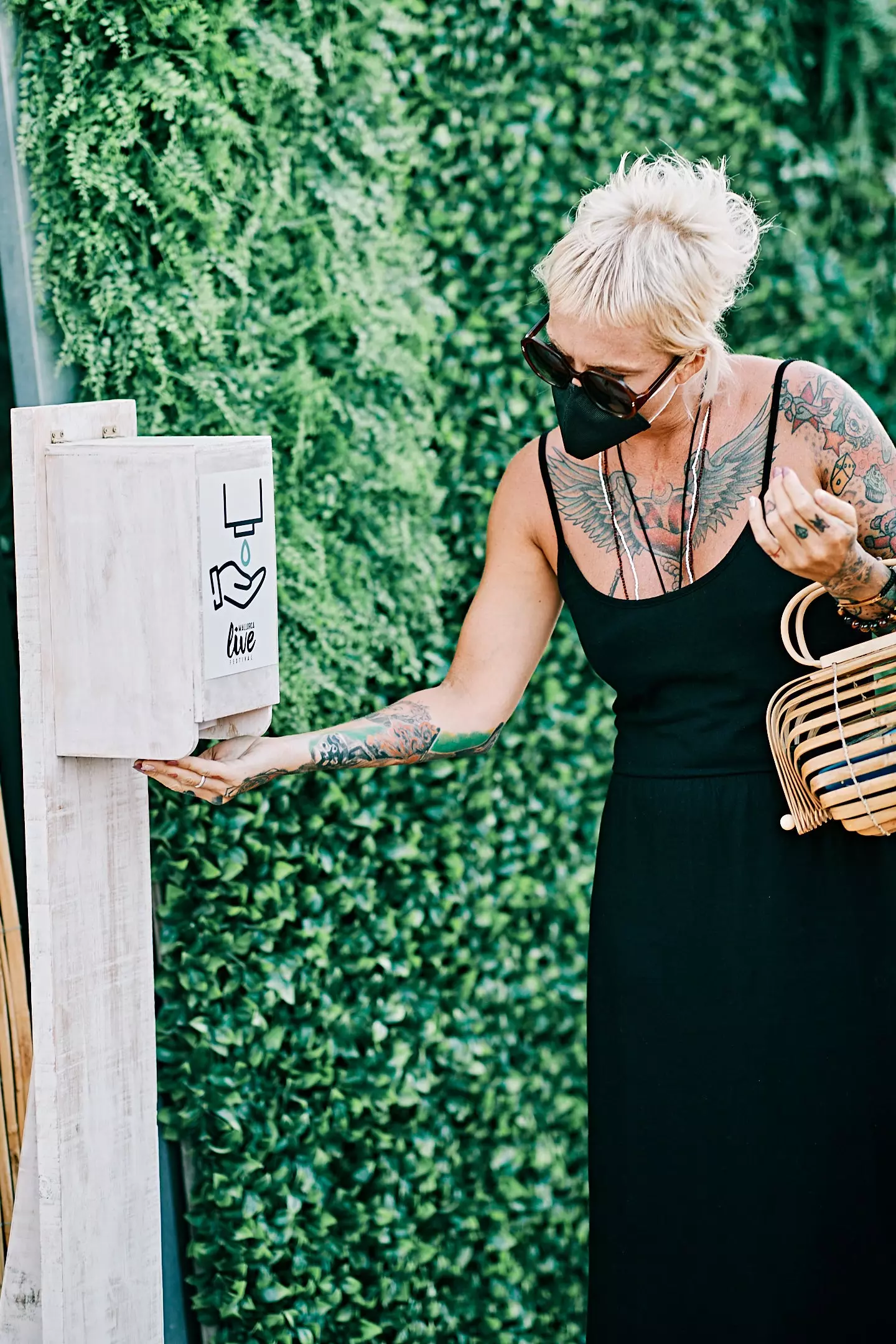
Majorca Live Summer 2020
